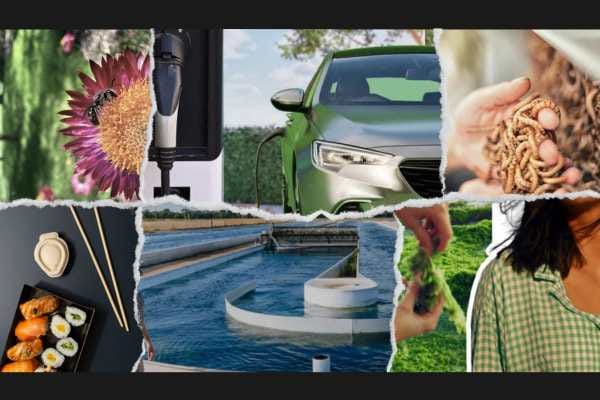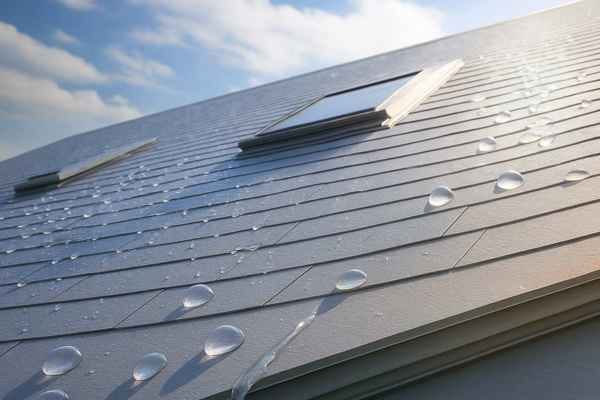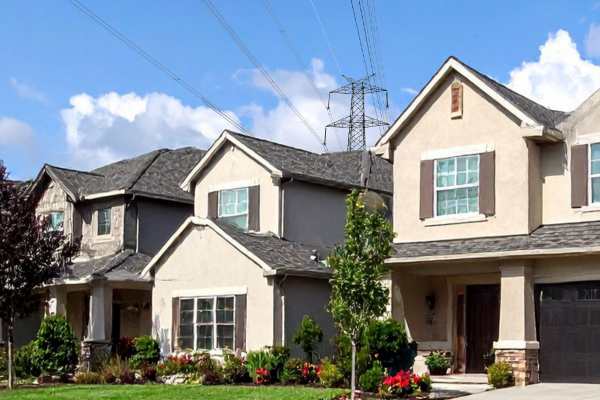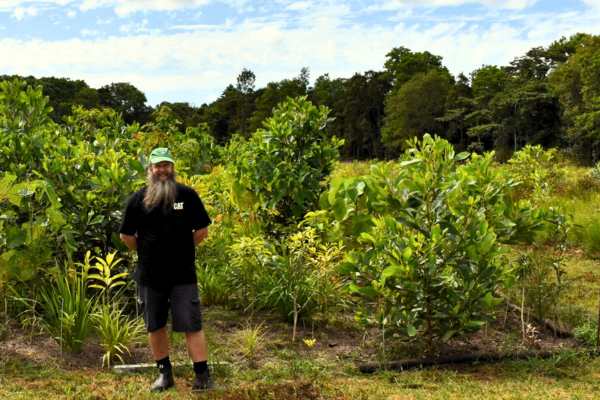SwarmBots take the field
Self-driving farm bots designed to reduce the use of fuel and chemicals have attracted $30 million in funding.
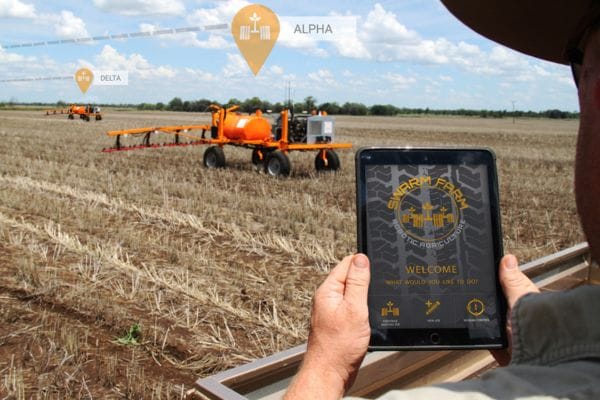
SwarmFarm Robotics is preparing to scale up its compact, self-driving farming robots following a $30 million Series B raise.
SwarmBots are lightweight autonomous, self-driving platforms that are designed, built and already being operated commercially in Queensland. They carry out farming tasks such as spraying, mowing, slashing and spreading without a driver.
They are also designed for low-emissions, low-disruption farming by enabling precision applications that, according to SwarmFarm, can reduce herbicide use by up to 95% and cut fuel-related emissions by 35%, compared to conventional machinery.
Because SwarmBots also support ‘no-till’ farming – a regenerative practice that avoids ploughing – they help to preserve soil structure, retain moisture, and reduce erosion, while also lowering compaction thanks to the robot’s lightweight 2.5-tonne build, SwarmFarm said.
European agritech investor Edaphon led the funding round which included $7 million from the Federal Government’s Clean Energy Finance Corporation (CEFC). Other investors included Emmertech, Tenacious Ventures, Artesian Capital and Queensland government-owned investment company QIC.
SwarmFarm said it planned to use the funding to ramp up production of its SwarmBots, and to expand globally, initially into North America, and boost further development of its partner ecosystem.
“We’re backing the next generation of Australian-made agricultural technology that gives farmers a smarter, cleaner way to manage their land.”
SwarmFarm aims to take a smaller, smarter approach to farm machinery, according to its maker, challenging the conventional trend of machines becoming increasingly larger, heavier, and more costly.
Its SwarmBots are operated via a phone app and can work alone or as part of a coordinated “swarm”, moving through fields with minimal human oversight.
“Our SwarmBots are designed to be versatile platforms that can integrate a range of attachments from different partners, from precision sprayers to mowers, giving farmers the flexibility to adapt the technology to suit their needs,” said co-founder and CEO Andrew Bate.
The company now operates from its headquarters in Emerald and has a new manufacturing facility at Wellcamp near Toowoomba, but Bate developed the first SwarmBots on his family’s farm near Emerald, Queensland.
As a farmer himself, Bate says he built the company around the realities of on-farm life, creating technology that’s not just autonomous, but also gives farmers a smarter, cleaner and cheaper way to manage their land.
An open field
Through its open development platform, SwarmConnect, the company encourages tech partners to build crop-specific tools directly onto its robotic platform, giving farmers more choice and also creating new commercial pathways for agtech developers.
SwarmFarm’s robots, for example, already enable far greater precision of chemical use on farms, with future applications expected to expand into non-chemical weed control solutions, with the company reportedly exploring partnerships to this end.
Since launching commercially in 2018, SwarmFarm says it has already deployed over 230 SwarmBots, with its fleet now covering more than 10 million acres.
“For me, this raise is not the destination – it’s recognition of what we’ve already achieved, and fuel for what comes next,” Bate said.
“By putting smart technology in the hands of growers and providing more flexibility in addressing potential labour shortages in agriculture, we're helping to reshape the future of growing systems.”
CEFC's head of growth capital Malcolm Thornton said SwarmFarm’s technology represented an important step forward and gave farmers new tools and practices to reduce agriculture's environmental impact.
“We’re backing the next generation of Australian-made agricultural technology that gives farmers a smarter, cleaner way to manage their land. SwarmFarm’s platform transforms how food is grown, using less fuel, fewer chemicals, and minimal soil disruption,” he said.
“The robots have proved successful in reducing herbicide costs and equipment outlay, while reducing overall emissions associated with traditional farming practice.”
SwarmFarm was founded in 2012 and began developing its first prototypes in partnership with two universities, using its own farm in Central Queensland as a testbed. In 2014, it built the first SwarmBot and went on to produce the first 130 units from its farm workshop. The company now operates a manufacturing facility at Wellcamp on Queensland's Darling Downs. SwarmBots are designed as platforms that support a variety of partner attachments, from precision sprayers to mowers. Through SwarmFarm's open platform SwarmConnect, developers can build crop-specific software, and farmers can customise robots for different tasks.
Related stories




